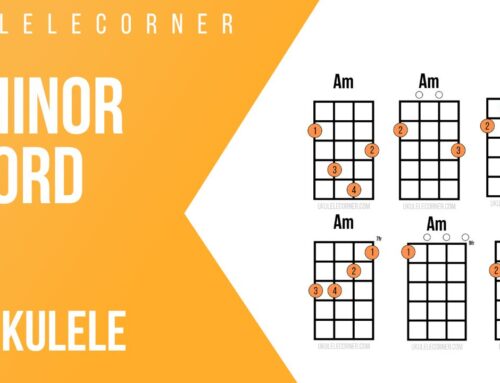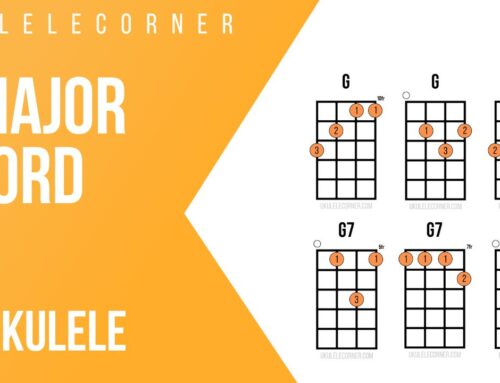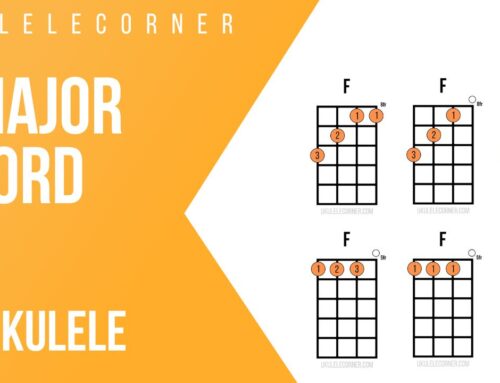In this video, Jeff Peterson plays his arrangement of Pua Tuberose, an old-time favorite of classic Hawaiian Songs. This song was written by Kimo Kamana, and it is a song about one of the most beautiful and fragrant flowers from Hawaii that is often used in a lei but also has kaona, or veiled meaning, about love and the unforgettable beauty of a woman. You can read the full lyrics of the song below and a bit about its place in Hawaiian history.
Below that Jeff has a full fingerstyle ukulele tutorial on Pua Tuberose.
Lyrics
(Hawaiian)
E kau mai ana ka haliʻa
No sweet tubarose poina ʻole
Me he ala e ʻi mai ana iaʻu
He welina pau ʻole me ia pua
Aloha kuʻu pua ʻala onaona
I wili ʻia me maile lau liʻi
Ke hea nei ku’u lei ʻala onaona
E hoʻi mai kāua la e pili
Haʻina ʻia mai ana ka puana
Kuʻu pua tubarose poina ʻole
(English)
A fond memory comes to me
of the sweet tuberose, so unforgettable
Like fragrance it speaks to me,
forever greeting this flower with affection
Love for this sweet fragrant flower,
entwined with small leaf maile,
Where is this lei of mine, so fragrant?
Return and let us be together
The story is told
of my unforgettable tuberose
Source: Charles E. King, King’s Book of Hawaiian Melodies (1928)
King’s [Blue] Book of Hawaiian Melodies
Charles E. King was a songwriter and legislator in Hawaii in the early twentieth century. He wrote the famous Hawaiian Wedding Song, “Ke Kali Nei Aua” (Waiting There for You) and was a student of Queen Lili’uokalani.
He also wrote several books with traditional Hawaiian melodies and songs, including King’s Book of Hawaiian Melodies in 1915. (Many simply call it “King’s Blue Book” because of its blue cover.) Pua Tuberose was one of the melodies in one of the editions of that book in the year 1928. While little is known of the song’s author, Kimo Kamana, it has a long history in Hawaiian music thanks to the work of King.
Pua Tuberose Fingerstyle Ukulele Tutorial
In the video below Jeff gives you a fingerstyle ukulele tutorial on Pua Tuberose. There are chord charts and score examples on the screen so you can follow along. At the end Jeff offers tips on how to improvise over the chord progression.




Beautifully played, a real inspiration
Will Pua Tuberose be available in the Hawaiian library in the future?
Aloha Lisa, Pua Tubersoe will be in the Hawaiian Library in a week or so.
Such a beautiful song and love how your model going back and forth between playing styles.
Thanks, Jeff!!
I have followed and learned much from you. I appreciate your patient and thorough teaching style.
… and I think I inherited a King’s Blue Book from someone. I’ll start digging for it.